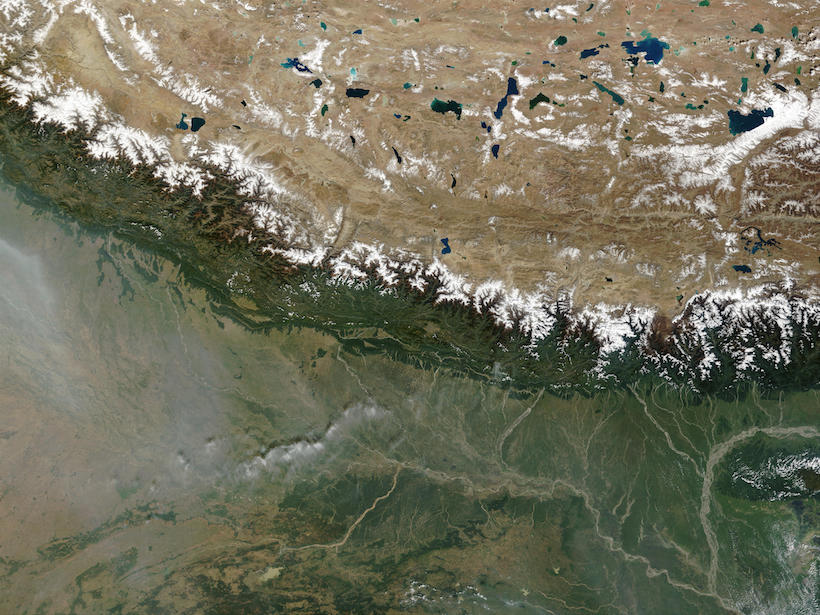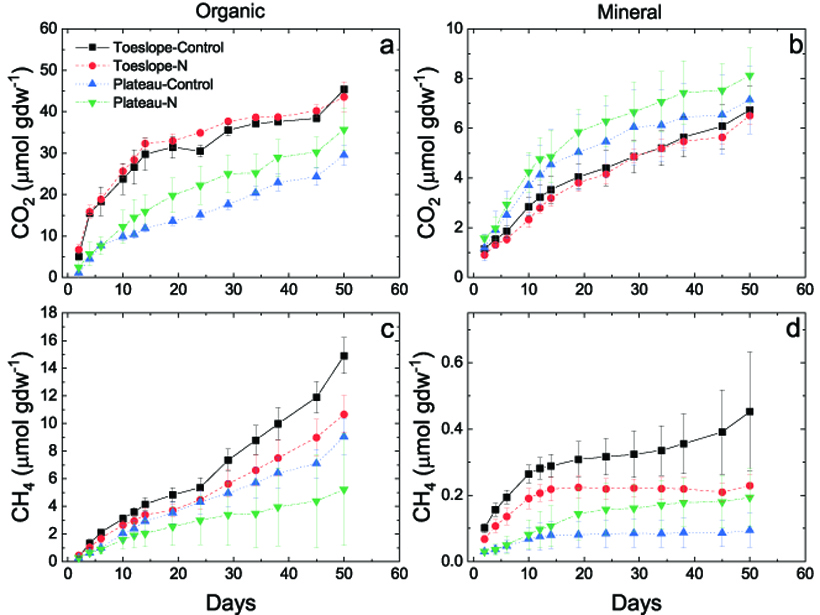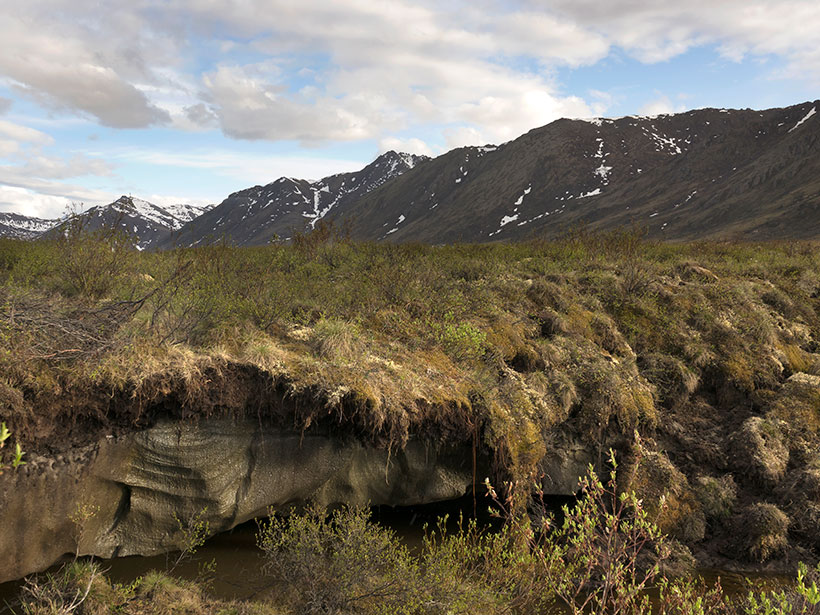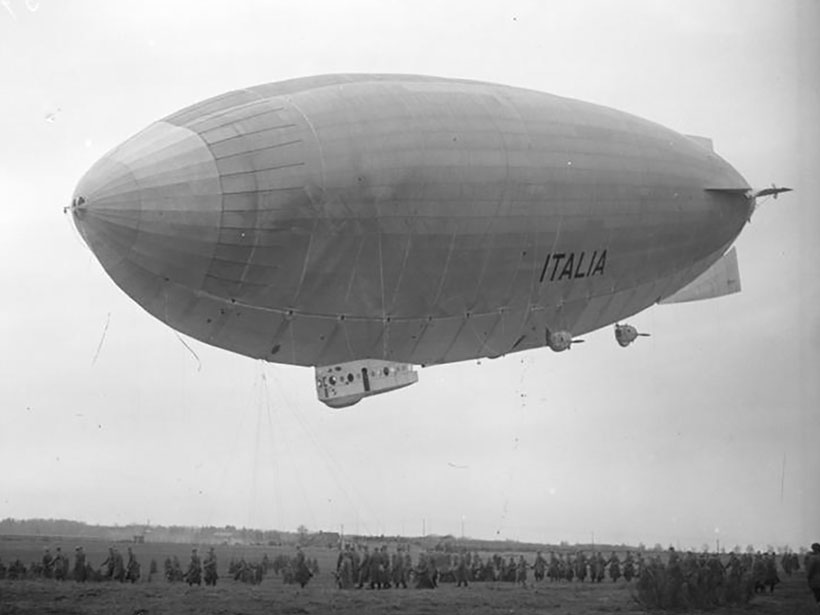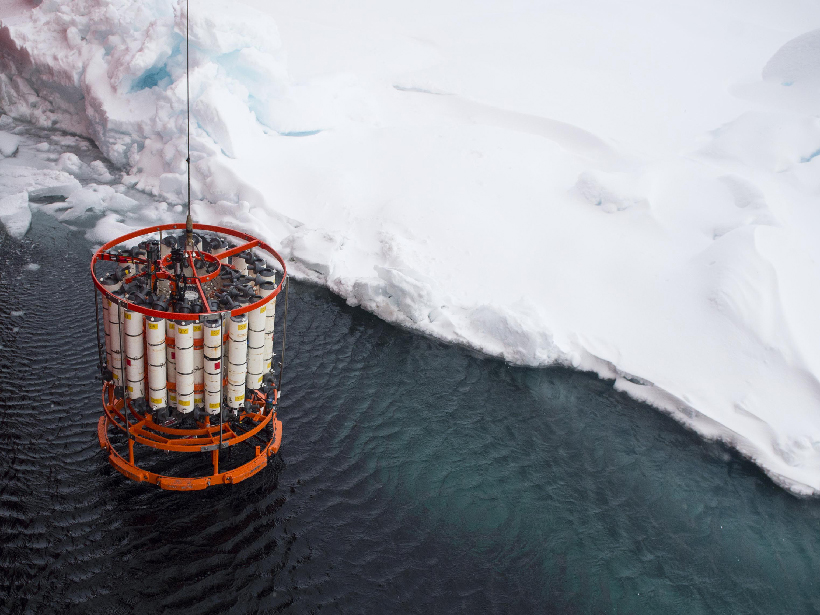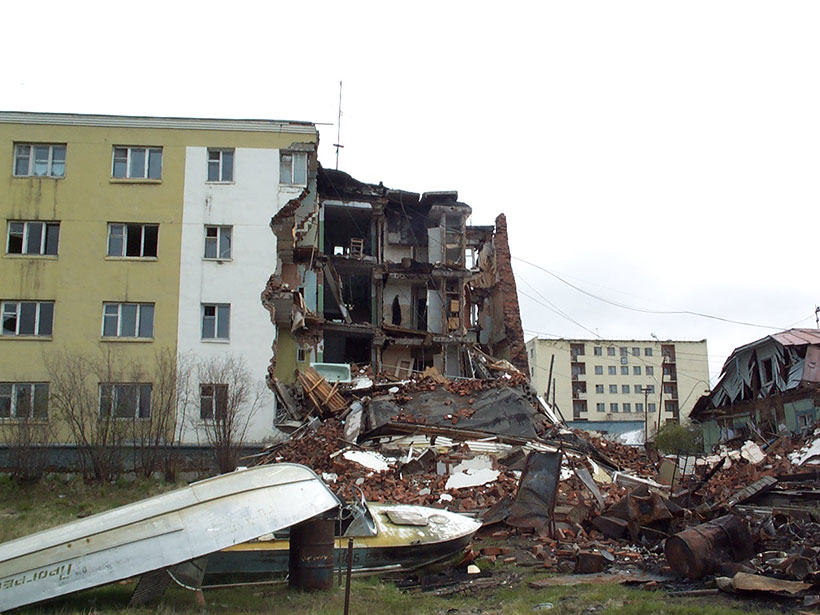New research suggests an atmospheric connection between Arctic sea ice melt and anthropogenic aerosol pollution over the Tibetan Plateau.
Arctic
Implications of Sea Ice Management for Arctic Biogeochemistry
Geoengineering strategies to slow sea ice melting would affect not only Earth’s climate but also the biology and chemistry of the oceans, atmosphere, and ice.
Drones Help Bridge the Gaps in Assessing Global Change
New instruments in the research tool kit bolster scientific understanding of the ecology of a greening Arctic.
Characteristics of Polar Sea Ice in Latest Climate Models
Sea ice area in CMIP6 is similar to previous versions while its sensitivity to external forcing is subtly different and closer to observations, but still not in step with global surface temperature.
Downhill from Here: Landscape Positions and Greenhouse Emissions
In comparing soils from two tundra wetland landscape positions, landscape position is found to matter, and toeslopes are associated with higher greenhouse gas production.
Experiments Reveal How Permafrost Carbon Becomes Carbon Dioxide
Field samples from Alaska show how sunlight and iron convert permafrost carbon to carbon dioxide. Climate models ignore this process.
Space Weather Lessons from a 1928 Dirigible Debacle
Analysis of a disrupted SOS signal during an early polar expedition showcases the importance of taking space weather into account when exploring new frontiers.
The Rise of Zombie Fires
Wildfires can smolder underground through Arctic winters, reigniting at the surface when conditions are right.
Rastreando Elementos Traza a Través del Océano Ártico
Durante la expedición Pan-ártica, los investigadores obtuvieron y utilizaron datos de carbono y elementos traza para comprender mejor cómo el cambio climático afectará la producción primaria en una de las regiones de calentamiento más rápido del mundo.
The Ticking Time Bomb of Arctic Permafrost
Arctic infrastructure is under threat from thawing permafrost.

